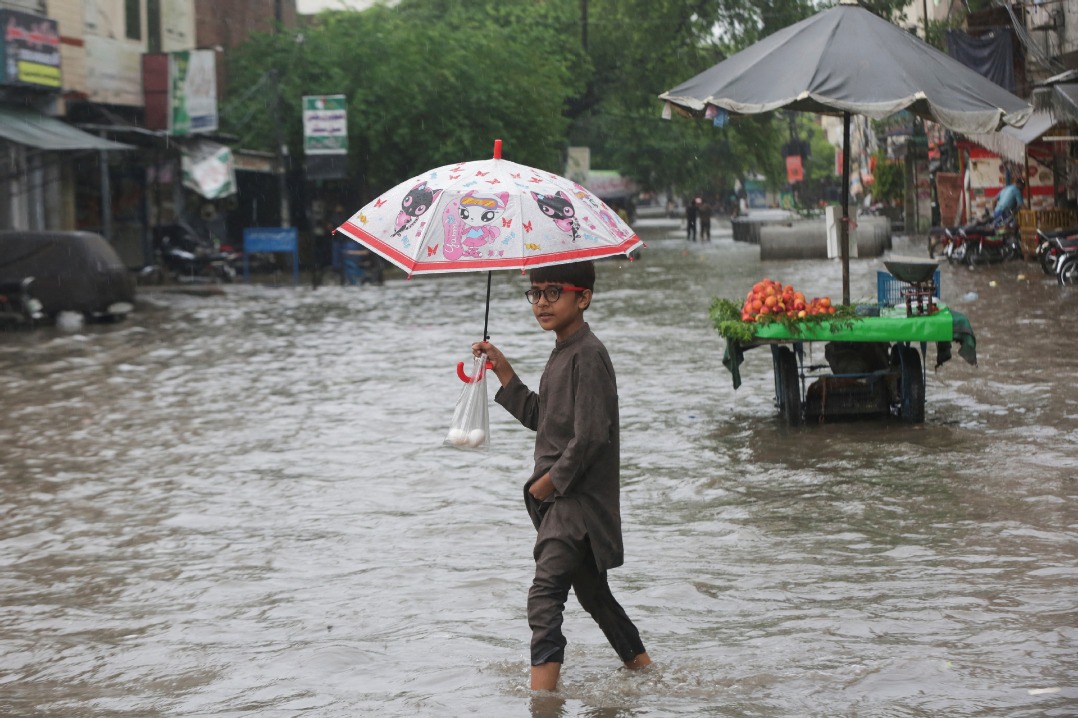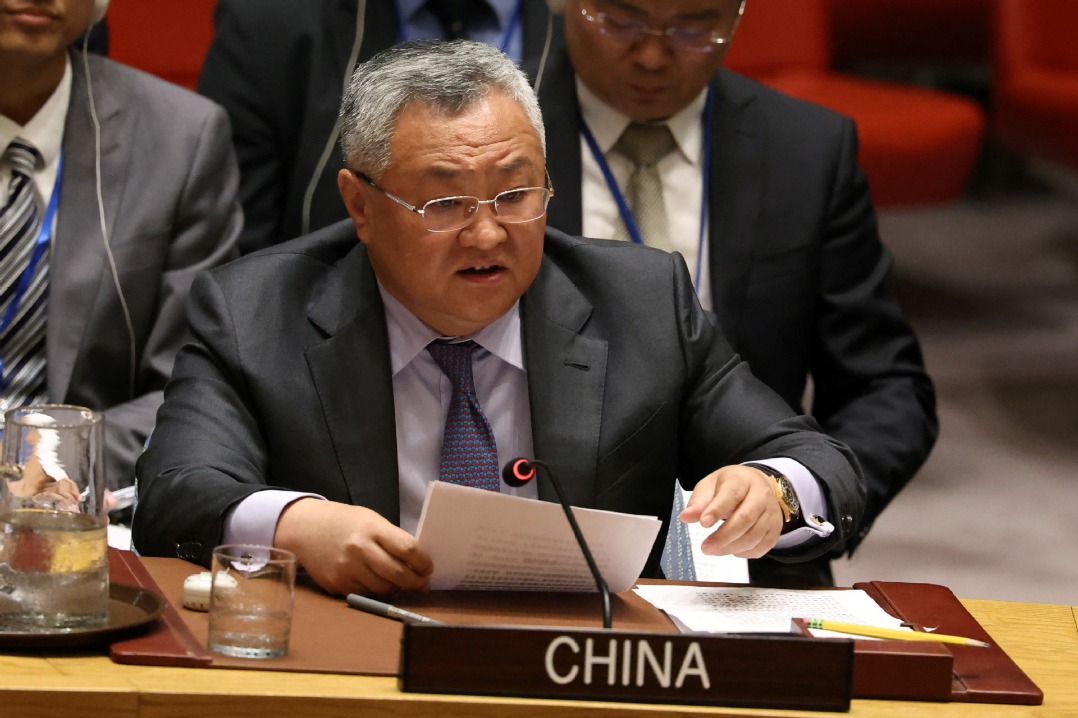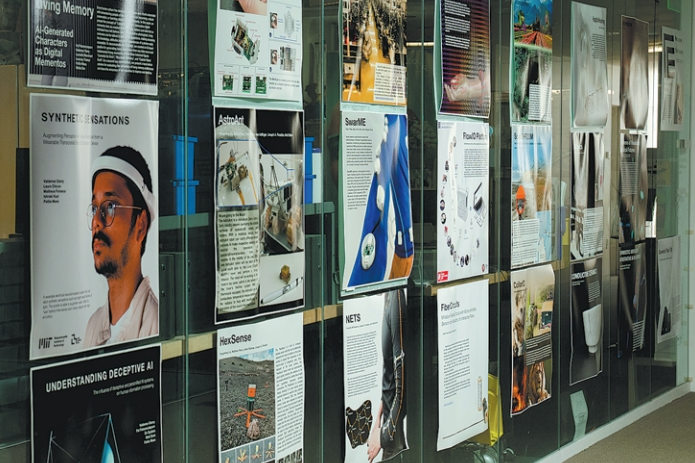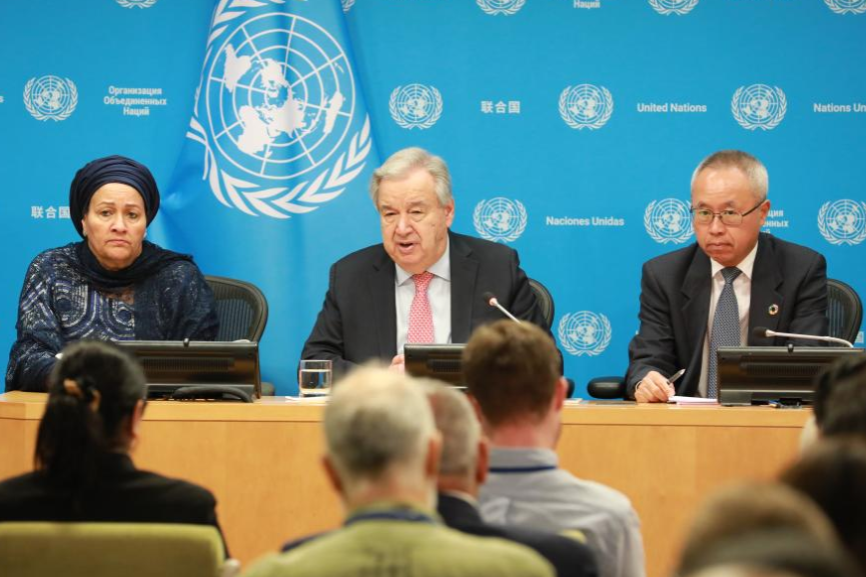Peaceful development is crucial for Africa

China's approach to continent's security issues is putting the emphasis on indirect engagement
Economic development is what China lost before the 1980s, as well as what China has achieved most since the 1980s. This sharp contrast is indicative that China understands the meaning of development, which is enshrined as developmentalism - that is to say, development is the answer to all problems of political, social, cultural and human development, as well as peace and stability.
This understanding is also being practiced in Africa regarding its enduring conflict and insecurity, with the paradigm of developmental peace. This paradigm has been the mainstream of China's position on security threats in African countries over the past decades.
However, like peace without development, development without peace will also be problematic, which has offered lessons from the Libyan crisis since 2011. Since 2012, at the FOCAC Beijing Summit, held one year after the breakout of the Libya crisis, China began to adjust its approach toward African peace and security. It initiated the "China-African Peace and Security Cooperation Partnership" at the 2012 FOCAC Summit and voiced "China's approach on hot spot African issues", and special representatives of the Chinese government on African affairs visited the continent frequently on mediation missions. It also upgraded peace and security cooperation as one of the Five Pillars of China-African Cooperation.
These initiatives demonstrate that China is showing great importance to the African security issue, and a clear picture of China's peace engagement in Africa can be discerned.
First, regarding the importance of development, security will be the very determinant of China's peaceful engagement with Africa. Generally speaking, development and security are being regarded as two sides of one coin. When investing in the economic, social and development areas, China will consider its security challenge and impact, including both the positive and the negative aspects. On the other hand, China will invest more in solving Africa's security problems to create a conducive environment for African development.
Second, China's engagement in African peace and security is mainly through indirect rather than direct ways. The agenda of Africa peacemaking, peacekeeping and peace building is mainly set up by the United Nations, the African Union, regional communities and African countries themselves. China will mainly concentrate its support on UN peacekeeping operations, African solutions, peace support operations in Africa and the peace capacity building of Africa countries.
Third, African demand, solutions, ownership and leadership will be the core principles shaping China's engagement in African peace and security. It is quite important to read from China's thinking on African ownership. On the one hand, the negative results of Western powers' intervention in Somalia, Libya and Syria, for example, have taught lessons to China. On the other hand, Africa doesn't lack the knowledge and wisdom to solve its own conflicts and security issues, but rather lacks the capability to transfer this knowledge and wisdom into agenda-setting, because of its financial, personnel and technical barriers. So it is crucial to support Africa's ownership and leadership under an African agenda, rather than under an agenda set up by outsiders. Regarding this, China strongly supports African solutions to African problems.
Last but not least important, China will maintain its noninterference policy but will also attempt to explore the appropriate way of contributing. It is clear that China will not set up its own agenda on intervening in the peace and security issues in Africa as well as other regions. However, China will probably react to these security challenges upon the request of African countries and international community, such as escorts in the Gulf of Aden and support to the Intergovernmental Authority on Development on its mediation efforts in South Sudan. Recently, China has been expressing the will to mediate the conflict between Djibouti and Eritrea, but China will only engage based on the consensus and request from these two countries.
Looking ahead, direct development intervention and indirect peace intervention will be two lines of China's engagement on African peace and security. In the areas of development investment that are vital to eradicating the roots of instability, and in post-conflict building - especially the urgent needs of quick impact projects - China can contribute more through its development peace approach.
The author is a senior fellow at the Center for West Asian and African Studies at the Shanghai Institutes for International Studies. The views do not necessarily reflect those of China Daily.
(China Daily Africa Weekly 11/24/2017 page9)































